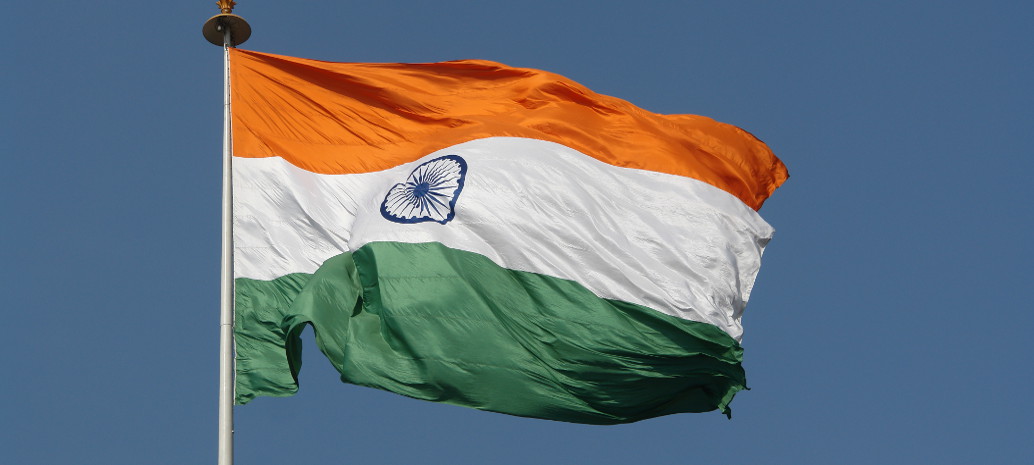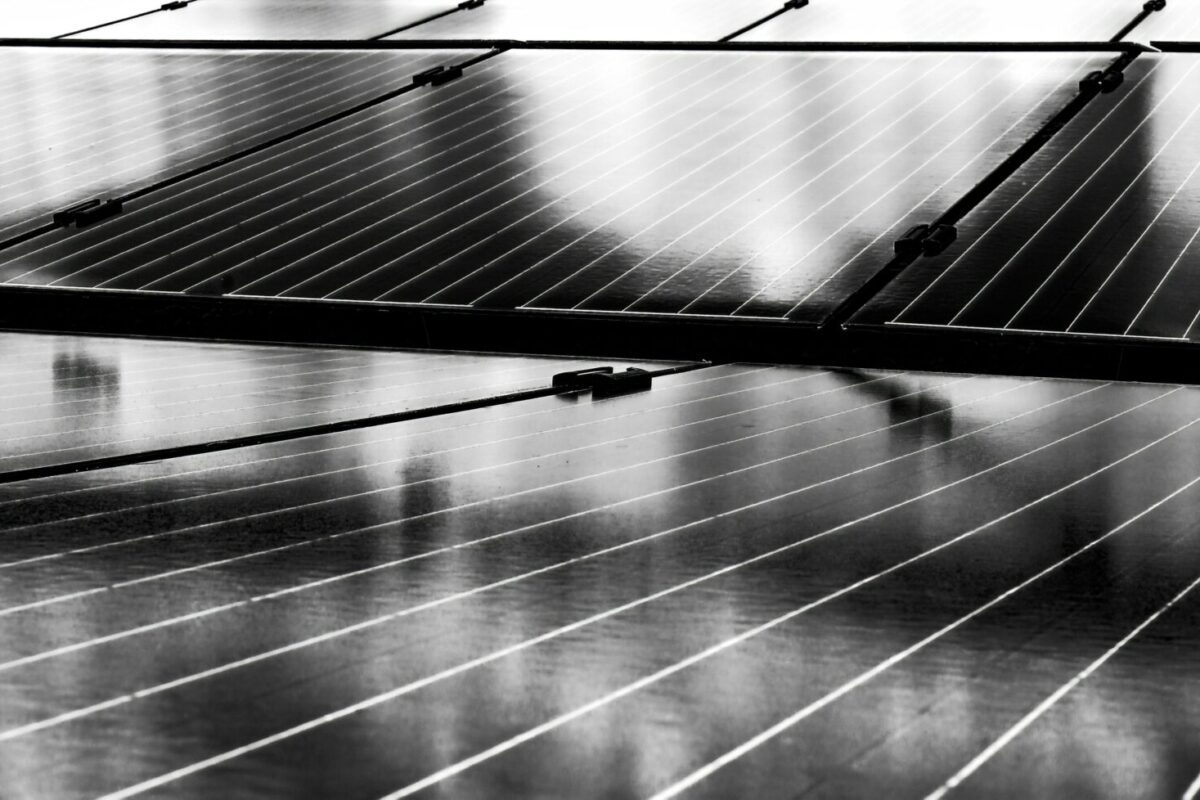RenewSys India Pvt Ltd, the biggest producer of Ethylene Vinyl Acetate (EVA) films in India, supported its petition with letters from Vishakha Renewables Pvt Ltd and Allied Glasses Pvt Ltd, which also produce EVA films.
Following the filing, the Directorate General of Anti-Dumping & Allied Duties (DGAD) determined that there is sufficient evidence that the normal value of the goods in China PR, Malaysia, Saudi Arabia, South Korea, and Thailand, is higher than the ex-factory export price, indicating, prima facie, that the films are being dumped onto the Indian market by the exporters from the subject countries. The dumping margin is estimated to be above de minimus for all the subject countries.
RenewSys has submitted the findings, stating that injury has occurred as a result of the alleged dumping, in the form of an increased volume of dumped imports in absolute terms, and concerning production and consumption in India, price suppression and price underselling.
DGAD said there is sufficient evidence of “injury” being suffered by the domestic industry, caused by dumped imports from subject countries to justify the initiation of an anti-dumping investigation.
Performing adhesion and cushioning functions, EVA is the polymer-based component used for the encapsulation of solar PV cells. It is one of the essential components that keeps the glass, cells and backsheet/rear glass integrated, and supports the module mechanically during its service lifetime.
No slowing down
With this new investigation, India’s solar trade conflicts show no sign of slowing down. Most recently, the Indian Solar Manufacturers Association (ISMA) announced it is planning a new anti-dumping probe against imported solar modules, following the withdrawal of an earlier petition, which said exporting countries are dumping more aggressively.
Meanwhile, the safeguard duty investigation is still ongoing, as is the India-U.S. solar tiff at the WTO concerning domestic content requirements. The latest action has seen the formation of a compliance body to verify India’s compliance with World Trade Organisation rulings. Also, there is an anti-dumping probe against solar glass coming from Malaysia, which was filed by Gujarat Borosil Ltd.
However, the latest clarification from the Indian Finance Ministry regarding solar modules has brought some relief for the Indian solar market, particularly for solar developers: Imported modules with bypass diodes are have been exempt from paying customs duties, as is classified under section 8541.
This content is protected by copyright and may not be reused. If you want to cooperate with us and would like to reuse some of our content, please contact: editors@pv-magazine.com.



1 comment
By submitting this form you agree to pv magazine using your data for the purposes of publishing your comment.
Your personal data will only be disclosed or otherwise transmitted to third parties for the purposes of spam filtering or if this is necessary for technical maintenance of the website. Any other transfer to third parties will not take place unless this is justified on the basis of applicable data protection regulations or if pv magazine is legally obliged to do so.
You may revoke this consent at any time with effect for the future, in which case your personal data will be deleted immediately. Otherwise, your data will be deleted if pv magazine has processed your request or the purpose of data storage is fulfilled.
Further information on data privacy can be found in our Data Protection Policy.